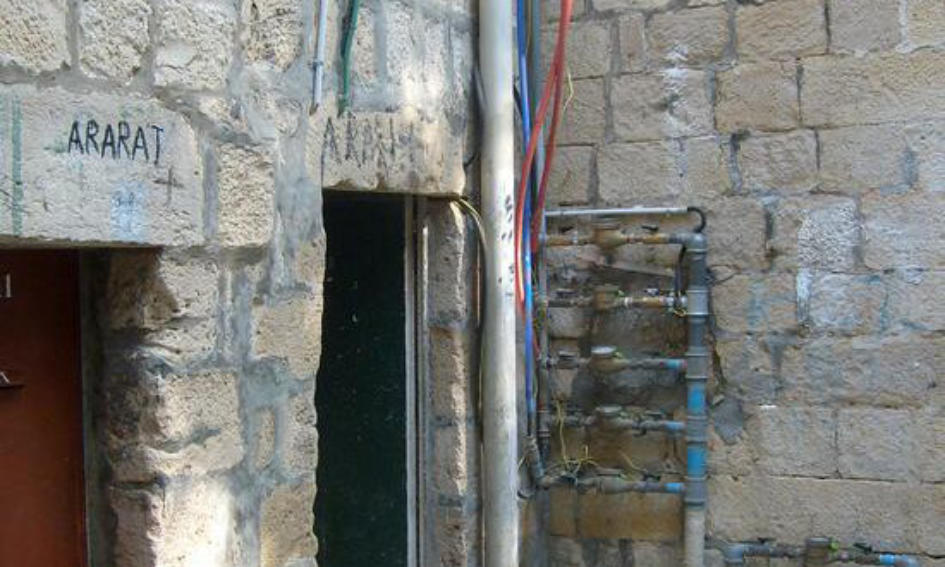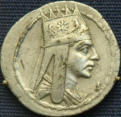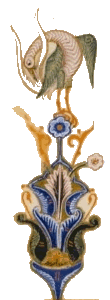

Armenian Jerusalem




A hundred meters from the Syriac convent of St Mark, where the Dead Sea Scrolls were clandestinely
domiciled for a while, Arakel, the patriarch of the Baghsarian clan, and his younger brother Noubar,
had set up home, sharing the same courtyard and the same facilities.
Arakel ran a small shop, a stall rather, barely more than an elarged hole in the wall, where he sold bread and "chaman" (tangy garlic infused paste) and "basturmah" (seasoned beef either as a slab or sliced). You ate one spread of "chaman" and you carried the smell of garlic on you for days. Noubar had worked as a driver for the British Mandate army, but after they withdrew from Palestine, he tried his hands at various odd jobs: a proud, unbent man who never sought a handout despite the dire economic difficulties his family encountered. Arakel's passion was football, and his favorite team, the Homentmen whose exploits he followed with fanatical zeal: whenever one of the players scored a goal, he would plunge his hand into his pocket and come out with a sumptuous reward - sometimes as much as 5JD (Jordanian dinars), a princely sum in those days. And once, when the Homentmen won a Jerusalem championship (this was in 1947), he invited the whole winning team to a picnic (in Ein Karem, site of the home of John the Baptist). His younger son, the photographer Avedis, recalls that when a good player decided to "leave town due to unemployment, he [aid his food and losging so he would stay." "I used to help him carry sacks of oranges and cases of 'gazoz' (fizzy dinks) to the football field for halftime refreshments," Avedis remembers. "He was a very sensitive, emotional man and cried a lot during Armenian gatherings." Neighbors would say, with a chuckle, that Arakel's tears would flow even when someone would wish him a "good morning." "After all, I remember my father as a loving person who cared about his entire clan - not only just his own family, but his brothers and sister as well. One of his grand-nieces will never forget the New Year eve he bestowed upon her a whole JD when as she bent to kiss his hand as a mark of reverence and respect, as was the custom then. Her father only earned 3JD a month. "His kindness enveloped strangers as well," Avedis adds. "He was modest in helping others and did not look for compliments."
Baghsarian home entracne























